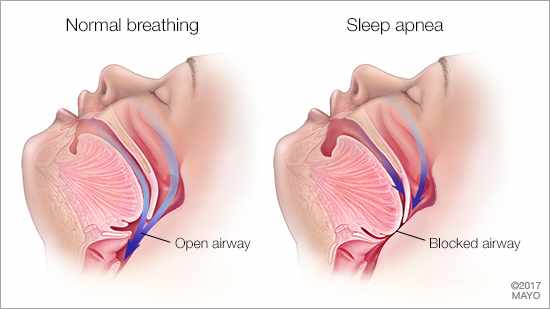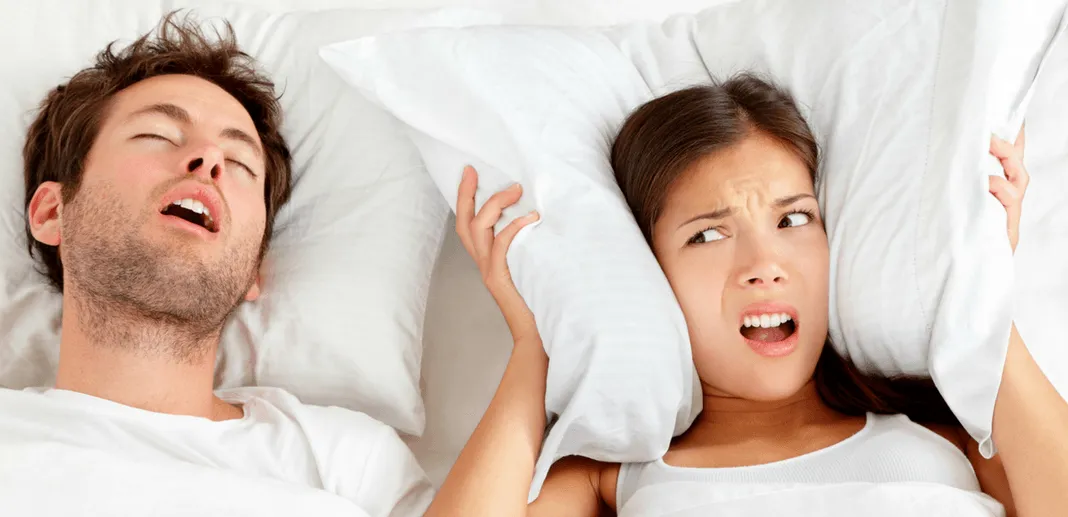Are you getting iDeal sleep? What You Need to Know About Sleep Apnea and Dental Health
Sleep apnea is more than just loud snoring. It’s a serious condition that can significantly affect your overall and dental health. Understanding sleep apnea is crucial if you’re a Little Rock, AR dental patient. This post will guide you through the essentials of sleep apnea, its symptoms, treatment options, and how Dr. Stephen Deal at Symmetry Modern Dentistry can help.
Understanding Sleep Apnea and Its Impact on Dental Health
Sleep apnea occurs when your breathing is repeatedly interrupted during sleep. These interruptions can last for seconds or even minutes and may happen multiple times at night, leading to poor sleep quality and health issues. But did you know that sleep apnea can also affect your dental health?
Medical studies show, when you suffer from sleep apnea, you might experience teeth grinding, known as bruxism, due to the stress from interrupted breathing. This can lead to worn-down teeth, jaw pain, and other dental problems. Additionally, sleep apnea can cause dry mouth, increasing the risk of cavities and gum disease, as saliva helps protect teeth from decay.
Dentists play a crucial role in identifying signs of sleep apnea. They often notice wear on teeth, redness in the throat from snoring, or other oral health issues that indicate interrupted sleep patterns. This is why regular dental check-ups are essential in detecting sleep apnea early on.
Overview of Sleep Apnea Symptoms and Types
Sleep apnea symptoms are often mistaken for other issues, making it vital to recognize the signs. Common symptoms include loud snoring, gasping for air during sleep, daytime fatigue, and morning headaches. These symptoms can affect your quality of life, making everyday tasks challenging.
There are several types of sleep apnea. The two most common are:
- Obstructive Sleep Apnea (OSA): The most common form, OSA, occurs when throat muscles relax excessively, blocking your airway.
- Upper Airway Resistance Syndrome (UARS): A very mild form of sleep disordered breathing that interrupts your sleep and causes symptoms similar to OSA.
Understanding these types helps identify the specific treatment needed. If you notice any of these symptoms, seeking professional advice for proper diagnosis and management is essential.
Importance of Early Detection and Diagnosis
Detecting sleep apnea early is crucial to prevent long-term health issues. When left untreated, sleep apnea can lead to high blood pressure, heart disease, and even stroke. Well known medical studies have shown that 92% of stroke victims also have sleep apnea. It has been proven that sleep apnea can reduce your lifespan by up to 12 years. It can also affect mental health, leading to depression and anxiety due to chronic sleep deprivation.
Early diagnosis allows for timely intervention, improving sleep quality and overall health. Dentists can be the first line of defense in spotting potential sleep apnea during routine exams. They can assess symptoms like teeth grinding and dry mouth and offer a referral for a sleep study if necessary.
Addressing sleep apnea early can avoid complications and improve your quality of life. A proper diagnosis is the first step toward effective treatment and better health outcomes.
Explanation of Sleep Apnea Treatments, Including Dental Solutions
Sleep apnea can be treated using various approaches, including lifestyle changes, CPAP machines, dental devices and surgery. For many patients, dental solutions offer a practical, convenient and non-invasive option.
Continuous Positive Airway Pressure (CPAP) machines are a standard treatment for OSA, providing a steady airflow to keep airways open. However, only 50% of people prescribed a CPAP will actually wear it, whereas, patients have a 95% compliance rate with a custom made dental device.
These dental devices, fitted by a dentist, reposition the jaw to maintain an open airway during sleep. They are less intrusive than CPAP machines and incredibly effective for mild to moderate sleep apnea cases.
FAQs about Sleep Apnea in Little Rock, AR
Q: How can I tell if I have sleep apnea?
You might have sleep apnea if you snore loudly, experience daytime drowsiness, or breathe irregularly during sleep. A professional evaluation, including a sleep study, can confirm the diagnosis.
Q: Are there non-CPAP treatments available?
Oral appliances are a non-invasive alternative to CPAP machines, suitable for many patients with mild to moderate OSA. Consult with a qualified dentist for more information.
Q: Can children have sleep apnea?
Yes, children can suffer from sleep apnea. It’s crucial to seek treatment as it can affect their development and health. Symptoms of sleep apnea in children to look out for include:
- Mouth breathing
- Snoring
- Frequent ear infections
- Night terrors
- Bedwetting
- ADHD
- Grinding their teeth
Q: Is sleep apnea linked to dental issues?
Sleep apnea can lead to bruxism (teeth grinding) and dry mouth, which can impact dental health. Bruxism can lead to TMJ/TMD. Addressing sleep apnea can alleviate these symptoms and protect your oral health.
Q: How can Symmetry Modern Dentistry help?
Symmetry Modern Dentistry offers comprehensive evaluations and treatments for sleep apnea. Dr. Stephen Deal provides tailored solutions, including oral appliance therapy, to ensure you receive the best care possible.
Sleep Apnea in Little Rock
Sleep apnea is a severe condition that can significantly impact your life and dental health. Recognizing the symptoms and seeking early diagnosis is crucial. With various treatment options, including innovative dental solutions, managing sleep apnea is within reach for those in the Little Rock area.
If you suspect you have sleep apnea or want more information, don’t hesitate to reach out to Symmetry Modern Dentistry. Dr. Stephen Deal and his team are here to provide expert guidance and personalized care. Book an appointment today and take the first step towards better sleep and improved health.






